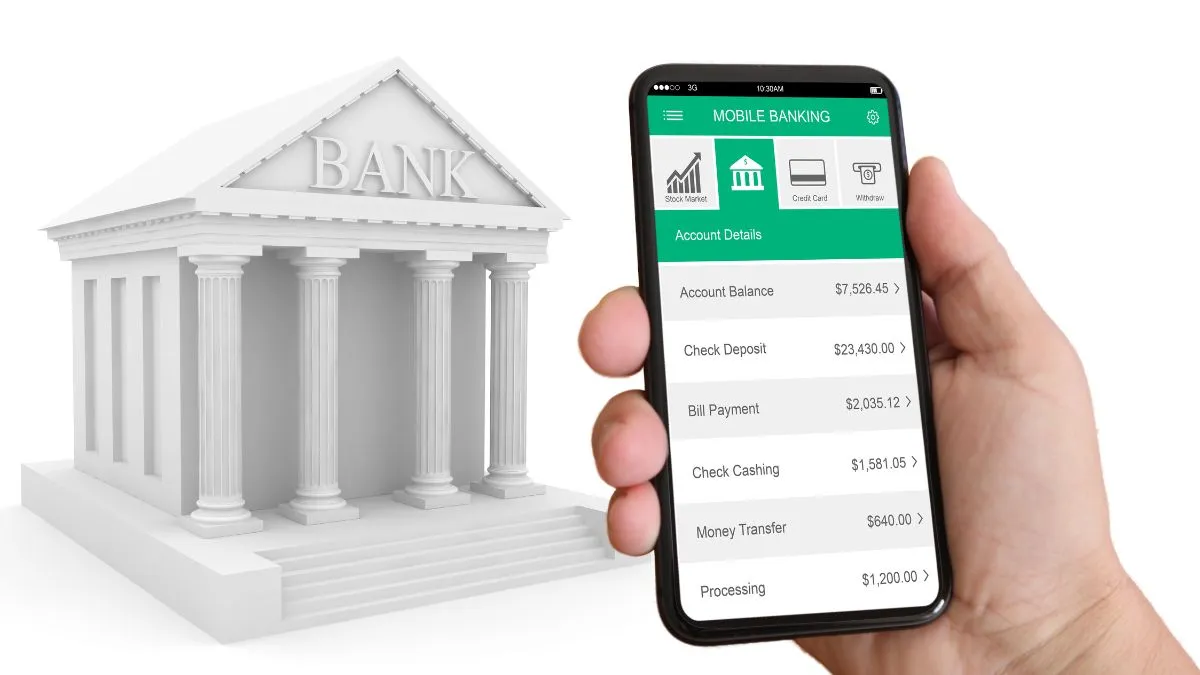Reconciling your bank statement helps you keep track of your financial transactions, ensures the accuracy of your records, and helps you identify potential fraud or errors. It is an important process that should be done regularly by individuals and businesses alike.

Understanding Bank Statements
Before diving into the importance of reconciling bank statements, it is essential to understand what a bank statement is. A bank statement is a record provided by your bank that summarizes all the transactions in your account within a specific period. It includes deposits, withdrawals, fees, and interest earned or charged.
Bank statements are typically sent on a monthly basis via mail or can be accessed online through your bank’s website. They allow you to review all the financial activity in your account and provide an accurate balance of your funds.
Related post: Why is it useful to have your bank account and routing numbers when using tax preparation software?
The Importance of Reconciling Bank Statements
Reconciling your bank statement is the process of comparing and matching the transactions on your bank statement with those in your accounting records. This process helps ensure that all financial activity is recorded accurately and provides a clear understanding of your financial position.
Accuracy of Records
One of the main reasons why it is essential to reconcile your bank statements is to maintain accurate records. Bank statements serve as a confirmation of the transactions recorded in your accounting system, and discrepancies can easily be identified during the reconciliation process.
If there are any errors or missing transactions on your bank statement, it is crucial to address them immediately. This will ensure that your financial records are up-to-date and accurate, which is important for making informed financial decisions.
Identifying Fraud or Errors
Reconciling your bank statements also helps in identifying potential fraud or errors. By comparing the transactions on your bank statement with those in your accounting records, you can identify any unauthorized transactions or discrepancies.
In case of fraudulent activity, it is essential to report it to your bank immediately and take necessary actions to protect yourself and your finances. Reconciling regularly allows you to catch these issues early on and prevent any potential financial loss.
Managing Cash Flow
Another significant benefit of reconciling bank statements is that it helps individuals and businesses manage their cash flow effectively. By knowing your exact account balance, you can plan your spending and budget accordingly.
For businesses, reconciling bank statements also helps in managing accounts payable and receivable. It ensures that all transactions are recorded accurately and payments are made on time.
Tax Preparation
Reconciling bank statements is also crucial for tax preparation. By ensuring the accuracy of your financial records, you can easily provide evidence to support any deductions or credits claimed on your tax return.
Additionally, businesses must reconcile their bank statements as part of their year-end closing process. This will help in accurately reporting their financial statements and avoid any potential discrepancies with the tax authorities.
How to Reconcile Bank Statements?
Now that we understand the importance of reconciling bank statements, let’s look at the steps involved in this process.
- Gather Documents: The first step is to collect all necessary documents, including your bank statement, receipts, invoices, and other relevant financial records.
- Compare Transactions: Next, compare the transactions on your bank statement with those in your accounting system. Make sure to match the date, description, and amount of each transaction.
- Identify Discrepancies: If you find any discrepancies between your bank statement and accounting records, investigate them further to determine the cause.
- Reconcile Differences: Once the discrepancies are identified, take necessary actions to reconcile them. This may involve contacting your bank or adjusting your accounting records.
- Update Records: After reconciling all differences, make sure to update your accounting records to reflect the correct information.
- Repeat Regularly: It is recommended to reconcile your bank statements at least once a month to ensure accuracy and catch any potential issues early on.
Tips for Efficient Bank Statement Reconciliation
Here are some tips to help you efficiently reconcile your bank statements:
- Be Organized: Keep all necessary documents and records in a designated place to make the reconciliation process more manageable.
- Use Accounting Software: Consider using accounting software that can streamline the reconciliation process and minimize human error.
- Double Check: Always double-check your work and ensure that all transactions are accurately recorded.
- Ask for Help: If you’re unsure about the reconciliation process, don’t hesitate to ask for help from a financial advisor or accountant.
In Conclusion
Reconciling your bank statements is a crucial task that helps maintain accurate financial records, identify potential issues, and effectively manage cash flow. It is a process that should be done regularly by individuals and businesses alike to ensure financial success and stability.
By following the steps mentioned above and using efficient techniques, the reconciliation process can be made more manageable and accurate. So, make sure to prioritize reconciling your bank statements to stay on top of your finances!





